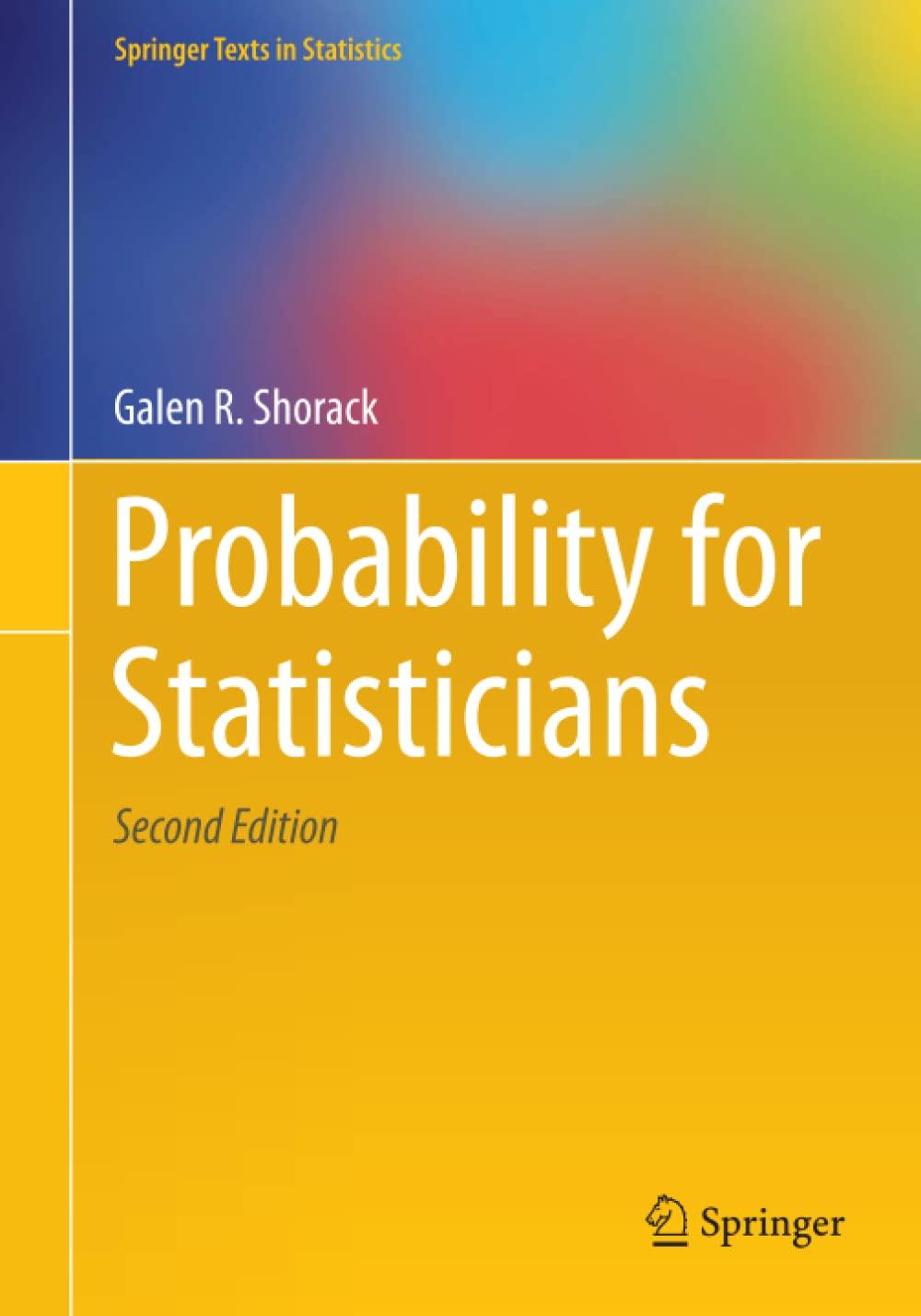In carrying out its task, the Tribunal must also take into account any relevant rules of international
Question:
In carrying out its task, the Tribunal must also take into account “any relevant rules of international law applicable in the relations between the parties” (Article 31, paragraph 3 (c) of the Vienna Convention).
The Tribunal notes that the Netherlands has referred to the “polluter pays” principle in support of its claim.
The Tribunal observes that this principle features in several international instruments, bilateral as well as multilateral, and that it operates at various levels of effectiveness. Without denying its importance in treaty law, the Tribunal does not view this principle as being a part of general international law. The “polluter pays” principle does not appear anywhere in the Convention or the Protocol. The Protocol, furthermore, adopts a different solution. Besides, the Netherlands acknowledges that the Protocol derogates from the “polluter pays” principle. It follows that this principle is of no relevance for the interpretation of point 4.2.1.
The Panel wishes to point out, however, that the Working Part on Border Tax Adjustment agreed that the provisions of the General Agreement on tax adjustment “set maxima limits for adjustment (compensation) which were not to be exceeded, but below which every contracting party was free to differentiate in the degree of compensation applied, provided that such action WAS in conformity with other provisions of the General Agreement” (BISD 18S/100).
Consequently, if a contracting party wishes to tax the sale of certain domestic products (because their production pollutes the domestic environment) and to impose a lower tax or no tax at all on like imported products (because their consumption or use causes fewer or no environmental problems), it is in principle free to do so. The General Agreement’s rules on tax adjustment thus give the contracting party in such a case the possibility to follow the Polluter-Pays Principle, but they do not oblige it to do so.
QUESTIONS:-
1. Identify the different ways the polluter-pays principle is given effect in international law.
2. Discuss the relationship between the polluter-pays principle and the principles of prevention and precaution.
3. The polluter-pays principle promises to be an effective tool in the fight against climate change.’ Do you agree?
Step by Step Answer:






